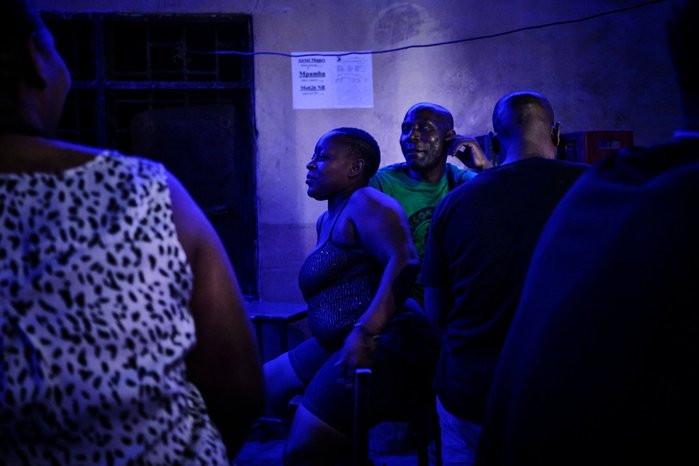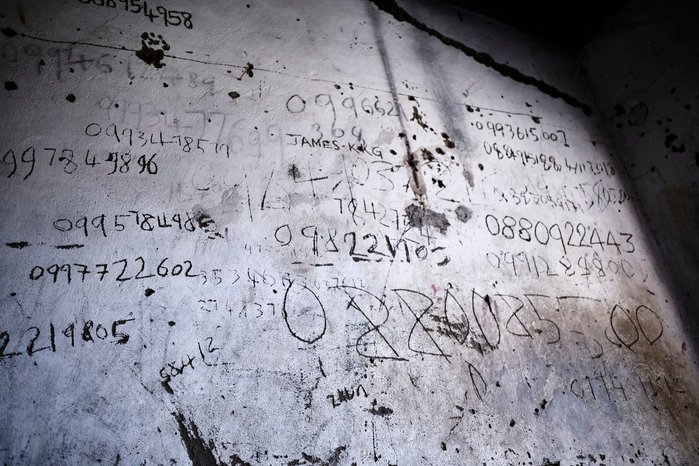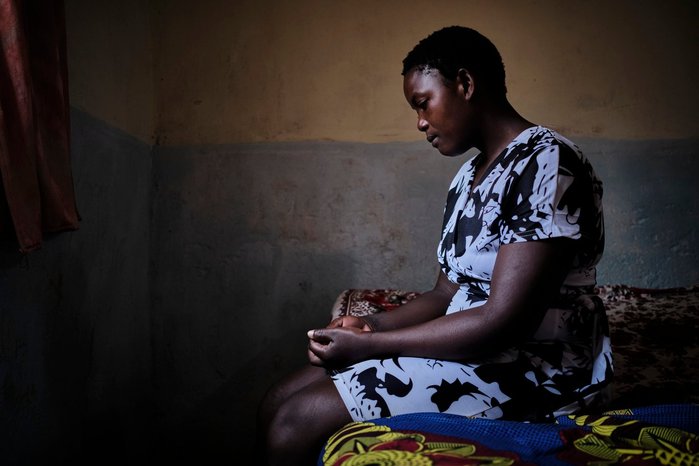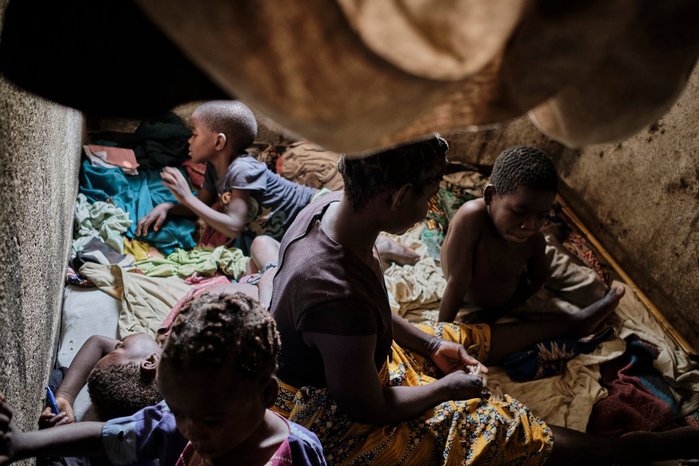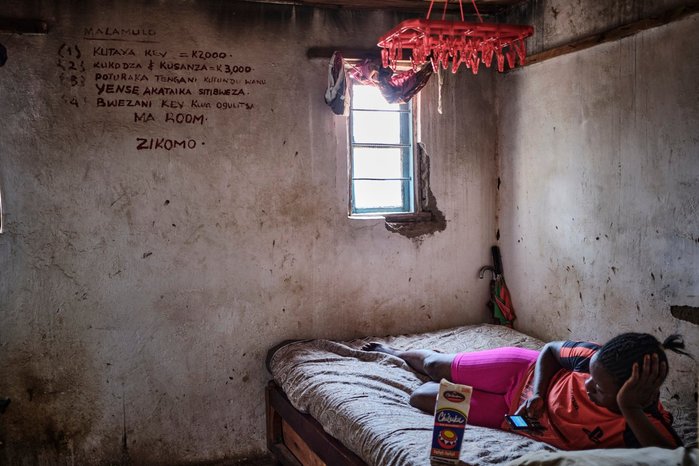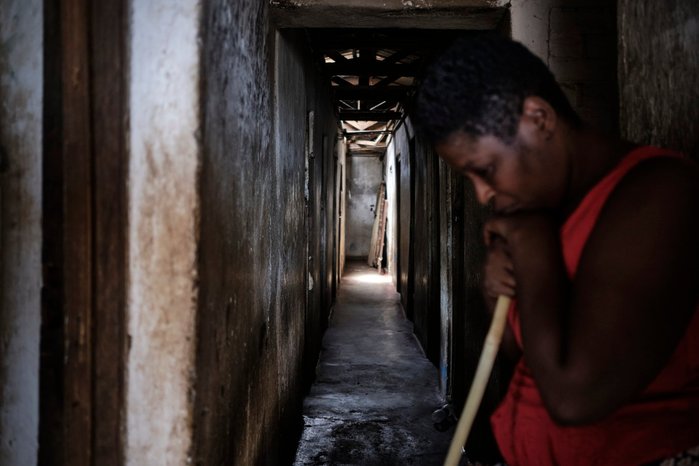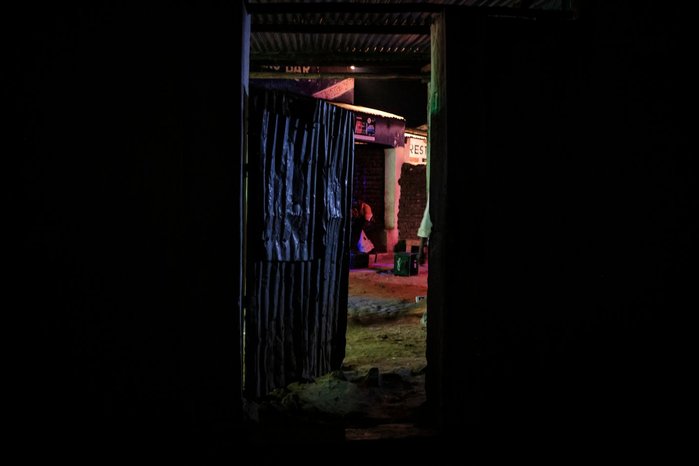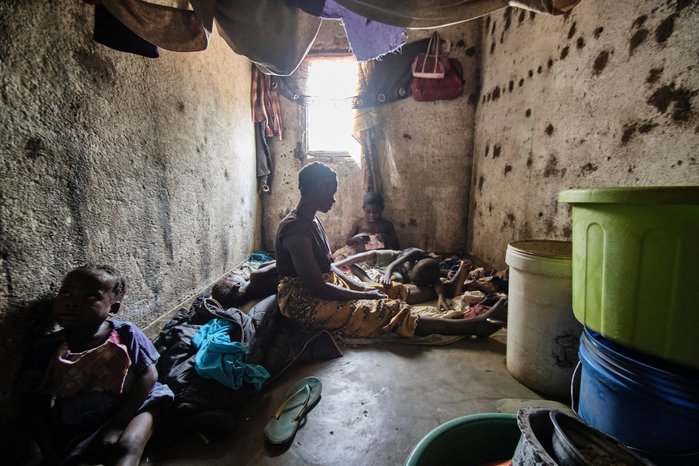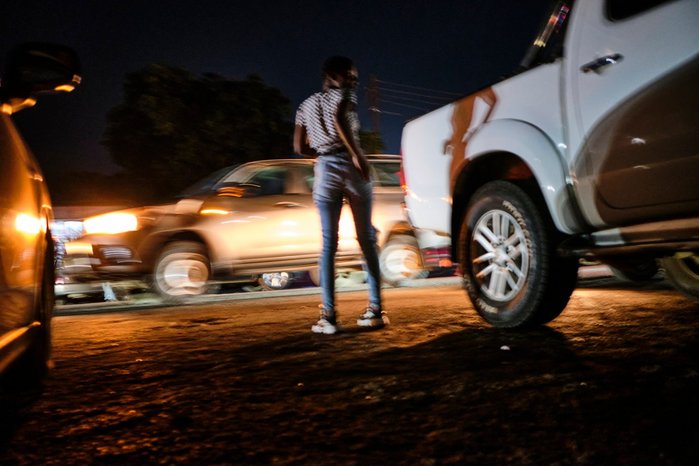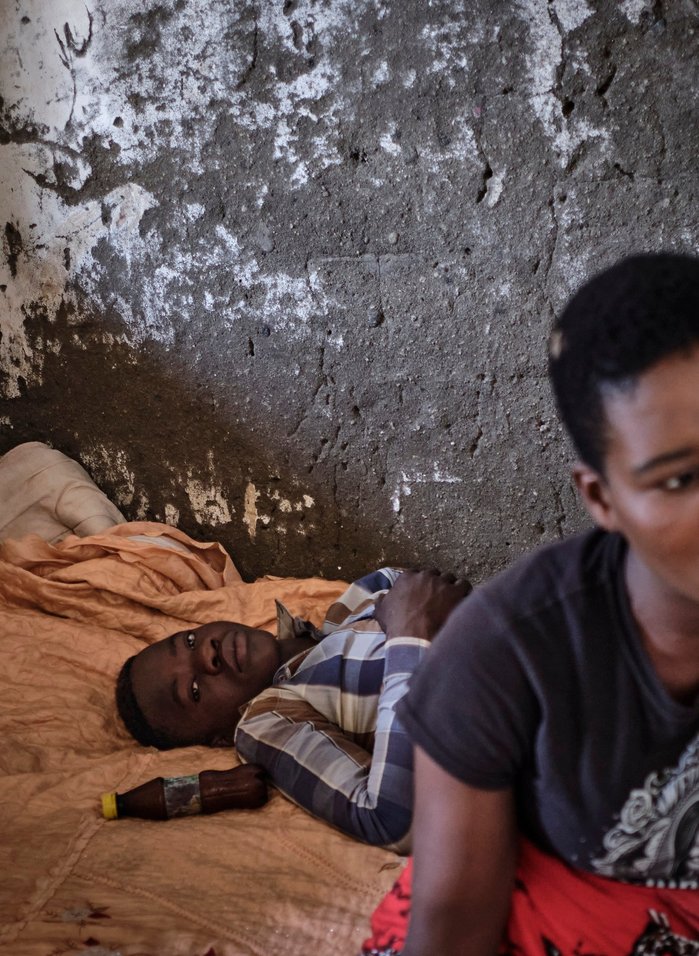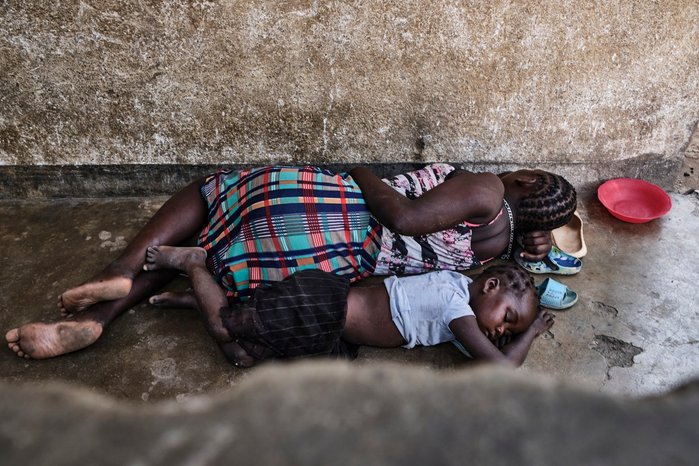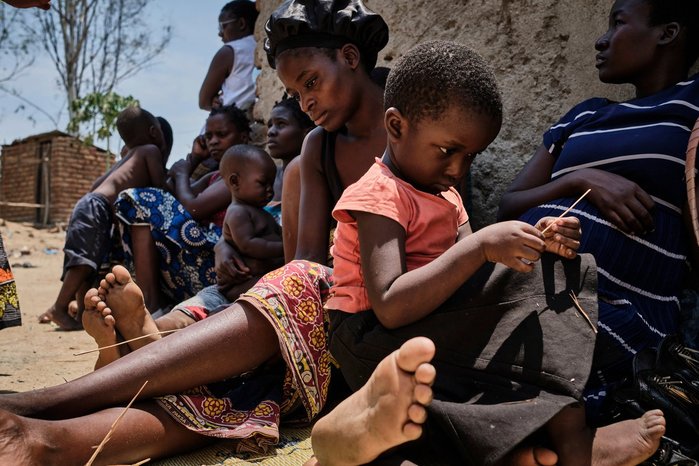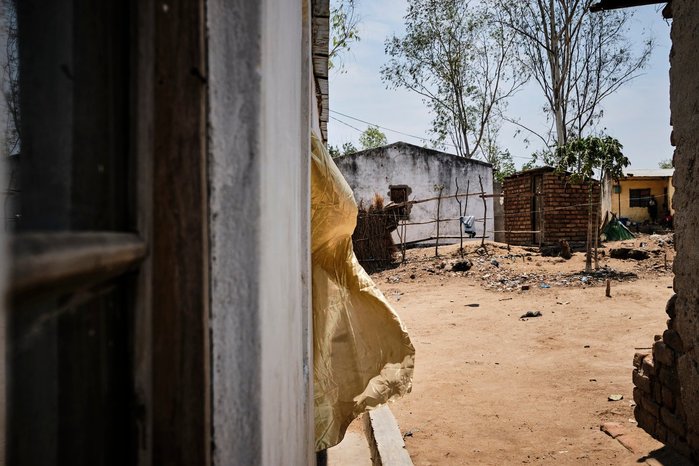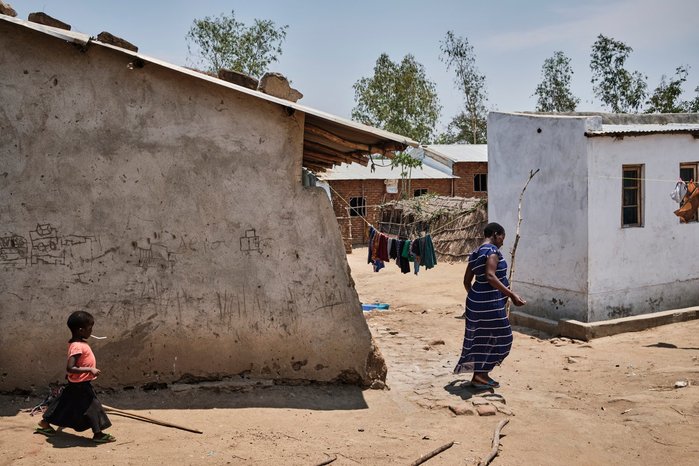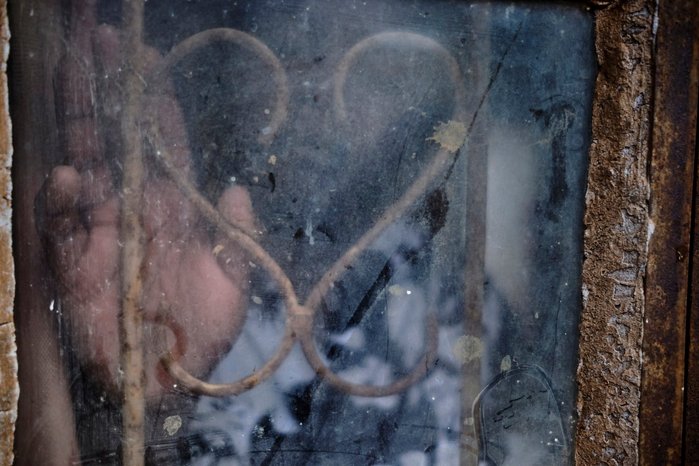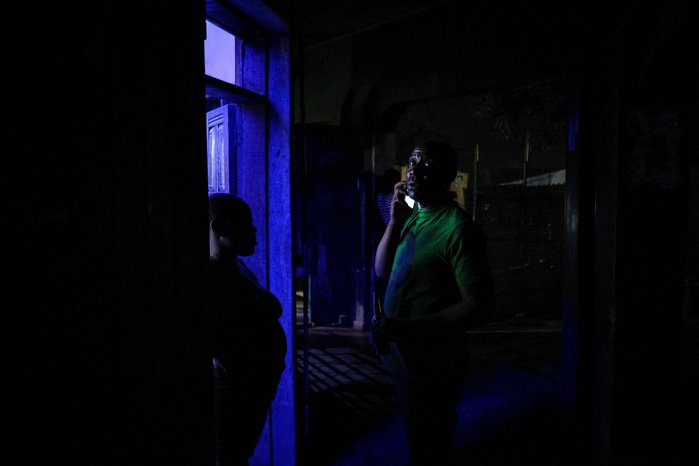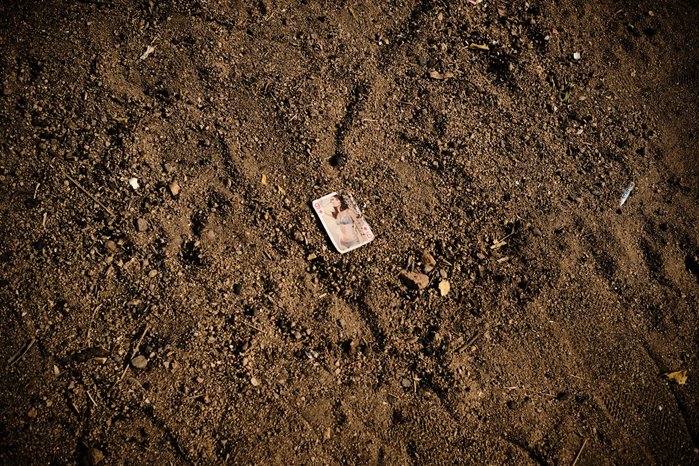
Malawi: One Body, One Dollar is a photographic essay that documents the lives of sex workers in Malawi—women caught in a cycle of exploitation with no way out. Many of them are mothers, raising their children in the fragile balance between poverty and the silent violence that defines their nights.
Without access to education, decent jobs, or support networks, prostitution becomes their only means of survival. Their bodies, turned into currency, are the last resource in an economy that has pushed them to the margins.
The images reveal the harshness of this reality: cramped rooms where they sleep beside their children, eyes worn down by the exhaustion of survival, streets lit by artificial lights that mask despair. Each photograph captures the duality they endure—motherhood and sex work, two roles they must juggle without the luxury of choosing one over the other.
The presence of their children in these spaces not only amplifies the starkness of their reality but also exposes how poverty is inherited, how these cycles are destined to repeat.
More than just a visual record, Malawi: One Body, One Dollar is a testimony to the absence of alternatives. A lack of education and employment opportunities forces these women into lives where abuse and violence are routine. Clients and pimps prey on their vulnerability, while society’s stigma condemns them to double marginalization—shunned by the world yet exploited by it. There is no easy way out when the only asset you have is your own body.
It puts faces to an overlooked crisis and forces us to confront collective indifference. How can a country progress while leaving so many women with no choice but to sell their bodies for survival? Through these images, we are urged to reflect on the urgent need for policies that create real opportunities: education, dignified jobs, and social protection. Only then can we break the cycle that condemns these women—and their children—to a lifetime of poverty and exclusion.
